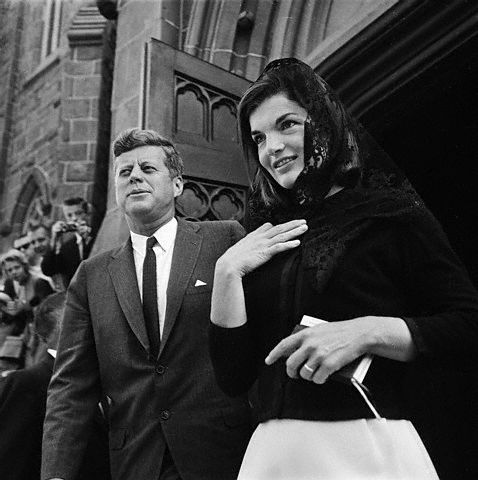You weren't originally quoting Sura 24:31, you were quoting sura 33:59 and you mangled it on purpose to try to make a point, which is uncalled for.
As for surah 24:31, it states in the Abdulla Yusef Ali version, "And say to the believing women that they should lower their gaze and guard their modesty; that they should not display their beauty and ornaments except what (must ordinarily) appear thereof; that they should draw their veils over their bosoms and not display their beauty except to their husbands, their fathers, ....; and that they should nt strike their feet in forder to draw attention to their hidde ornaments. And o Ye believers! Turn ye all together towards Allah, that ye may attain bliss.
The translation of the same verse by Dr. Rashad Khalifa reads, "And tell the believing women to subdue their eyes, and maintain their chastity. They shall not reveal any parts of their bodies, except that which is necessary. They shall cover their chests, and shall not relax this code in the presence of other than their husbands, their fathers, the fathers of their husbands, their sons, the sons of their husbands, their brothers, the sons of their brothers, the sons of their sisters, other women, the male servants or employees whose sexual drive has been nullified, or the children who have not reached puberty. They shall not strike their feet when they walk in order to shake and reveal certain details of their bodies. All of you shall repent to GOD, O you believers, that you may succeed."
Here's a quote from the Encyclopedia of the Orient, "It is assumed that suras 33:59 and 24:31 in the Koran orders women to wear the hijab, but these passage are open for other and better interpretations. A slightly clearer command to wear the hijab comes in a passage from the hadiths, but even these do not concluslively imply a general obligation for a Muslim woman to cover her head, as it really only refers to the wives of Muhammad. ...Moreover, the Arabic word translated into the English "veil" is actually not "hijab" but "jalâbîb," a plural form of "jilbab." A jilbab would normally be translated as "woman's dress", a dress that covers most of, or the entire body, and not necessarily the head. Hence it is possible that this aya does not require women to cover their hair or even their faces, but to wear the body garment in such a way that they cover and hide erotic parts of a women's body, such as her breasts."
I also think Aisha knew best when is recorded in the seminal Muslim written biography of Mohammad...
Most of the Hadith and Sunnah were not even written down until all these people had died so how can they trump the Koran itself?
Go to the earliest Islamic sources and get the truth.
The Koran itself IS the earliest source of Islamic law.
The reason IMO that most Muslim women wear the hijab (head scarf) or the more extreme ones wear the niqab (face veil) is to out-pious their peers and even the matriarchs of their religion, which misses the point of true modesty and piety, or as you put it, "True piety is internal. Externals do not fool the true God. The true God makes people pure from the inside out, not from the outside in."
In this discussion over the hijab, let's not forget that the Apostle Paul, in 1 Corinthians 11:1-15 asks the women in the congregation to cover their heads with a headscarf or veil. If you look at greco-roman frescos and sculpture from the time of Christ, you will see that most women wore veils very similar to hijab (except they didn't cover the neck as tightly as muslim hijab does).
Until very recently, most Christian women covered their heads w/ a scarf or a hat when attending services or just out in public.



Don't these women look so oppressed?!